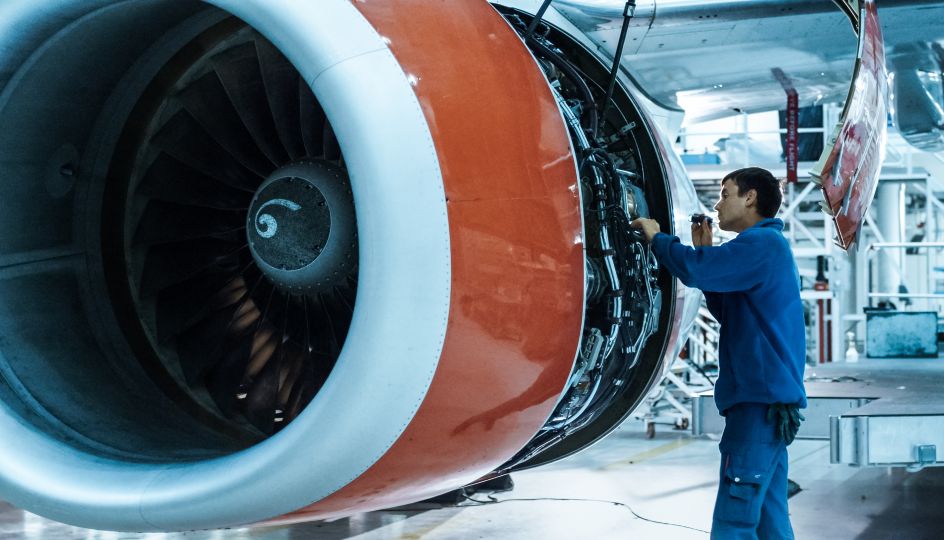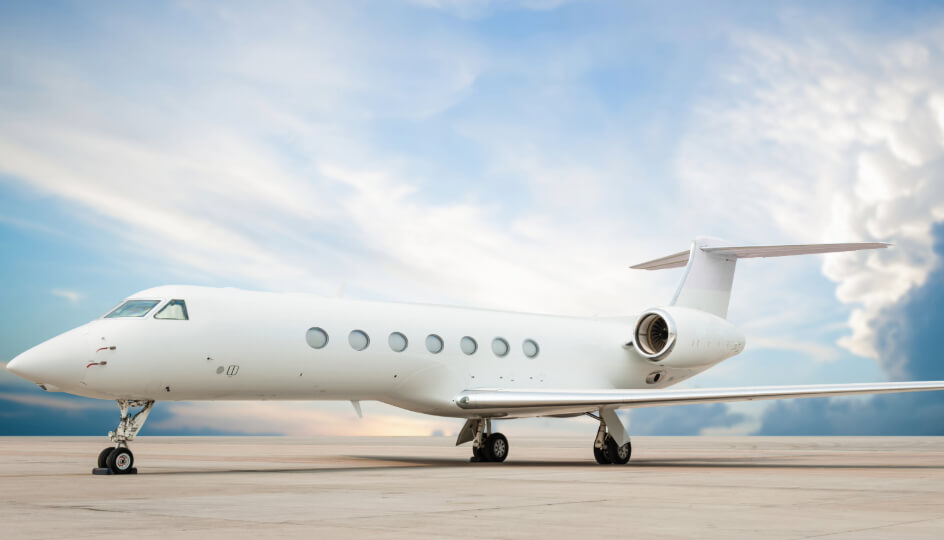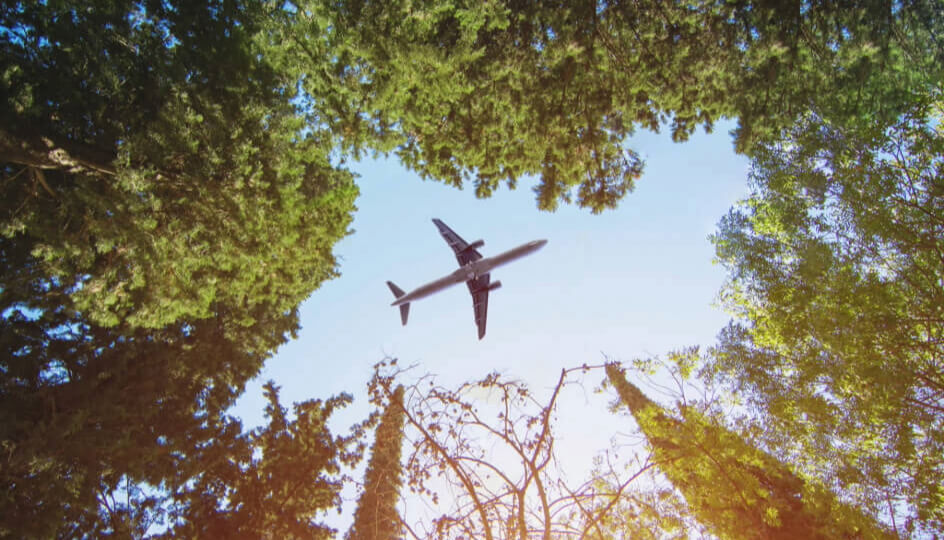Reaching for the converted: repurposing aircraft a growing trend in the aviation industry

Booming cargo demand offers lessors and airlines the chance to repurpose older aircraft, but can passenger-to-freighter (P2F) conversion facilities keep up?
Although the coronavirus pandemic devasted passenger traffic, it also spurred huge demand for air cargo. With bellyhold capacity hit by the collapse in passenger flights, and e-commerce booming amid shop closures and lockdowns, air freight rates soared alongside demand for cargo aircraft.
As a stopgap, airlines employed idle passenger aircraft as makeshift freighters – or ‘preighters’ – stripping out seats to make space for cargo in the cabin. However, this was a temporary solution; Boeing estimates that the air cargo market will grow at 4% per year over the next two decades, and to keep up with this demand airlines and lessors are seeking more new-build and converted freighters.
With long-haul passenger markets recovering slower than other sectors, conversion is particularly attractive for widebody owners, breathing new life into idle assets.
“For a lot of lessors conversion is a good opportunity to put a foot in the cargo market with one aircraft to see if it works and then slowly expand into other ones,” says Rebecca Hassett, senior manager in TMF Group’s Transaction Services Group.
However, despite no shortage of feedstock from idle passenger aircraft, and a handful of new passenger-to-freighter lines opening over the past two years in Asia, conversion capacity itself is limited.
“Globally there is a very small number of conversion facilities and part of the reason why freighter conversions are not happening more quickly is the lack of slots”, notes Kevin Butler, Head of Capital Markets – EMEA at TMF Group. Indeed, such constraints have seen a secondary market emerging in conversion slot trading.
Lessor interest
In late 2021, Avolon booked 30 Airbus A330 conversion slots from 2025 to 2028 with IAI Bedek, while USA-based Aircastle signed for four Boeing 737-800 conversions with Aeronautical Engineers. Another recent deal had Chinese bank-backed lessor CDB Aviation book 14 A330 conversions with Dresden-based EFW.
The motivation to convert often stems from a gulf in demand for freighter services versus passenger flights. There is also the growing pressure of sustainability, as airlines seek to modernise their fleets to meet ESG targets and respond to investor concerns.
“Previously, aircraft owners could have retired their aircraft later, but now they need to do so earlier to minimise fleets and keep more modern environmentally friendly aircraft, so they need to do something with the rest,” notes Maria Almerud, Global Service Delivery Leader, Entity Management, at TMF Group.
Again, though, an ample supply of feedstock aircraft is likely to butt up against limited conversion capacity. And this is unlikely to change soon: few firms can perform or outsource P2F conversions, as the necessary supplemental type certificates to do so are costly, time-consuming and technically complex to attain.
As a result, airlines and lessors must book conversions many years into the future. Yet this requires confidence in the sustained growth of air cargo, a sector that experienced flat sales and jittery load factors in the decade before the pandemic. However, lessors and airlines that booked conversion and new-build freighter slots appear confident of a structural shift in the market driven by e-commerce and its need for fast delivery.
“Although a lot of airlines are slowly going to come back it’s still going to take another two to three years, so the continued strong demand for air cargo will present a huge opportunity,” comments Hassett.
Lessors have considerable scope to take advantage, given that their share of the global freighter fleet is tiny compared with that for passenger aircraft. Airfinance Journal’s Fleet Tracker shows 346 cargo aircraft owned by lessors and 2,028 by airlines, whereas in the mainline passenger market lessors own close to half of all aircraft.
Talk to us
TMF Group has extensive experience in the lease sector and a deep understanding of the many requirements of aircraft lessors. We manage hundreds of aircraft leases in SPVs around the world, working with both established players and new entrants to aircraft finance.
We work with nine out of the top ten global aircraft lessors. Our clients include lessors, banks, airlines, private equity firms and hedge funds. We can provide you with an end-to-end solution that covers setting up and maintaining the leasing structure and supporting the transactions that fund the aircraft purchase.
Our highly regarded experts provide services that are bespoke to your specific requirements, based in every major jurisdiction used for aviation services. This allows us to move more swiftly than our competitors, providing you with an efficient service anywhere in the world.
Contact us to find out more.





